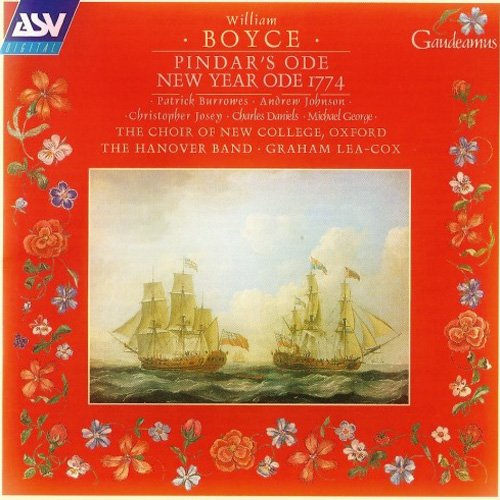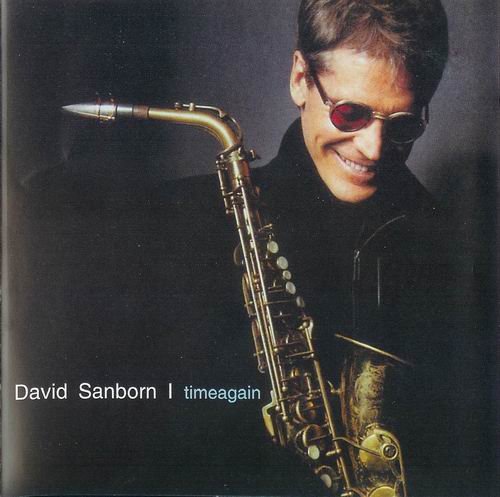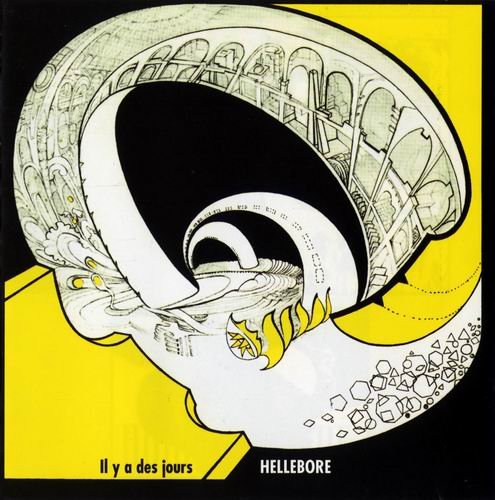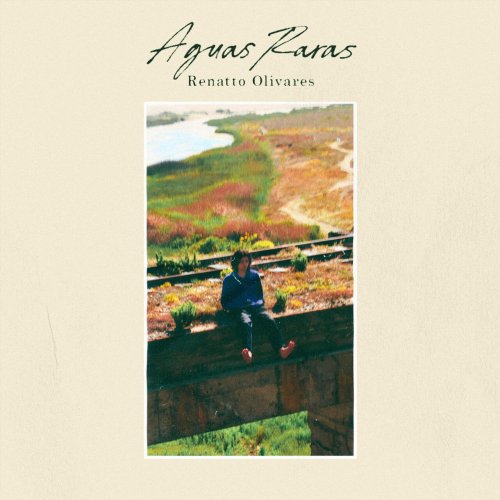New College Choir, Oxford, Graham Lea-Cox & Hanover Band - Boyce: Pindar's Ode; New Year Ode 1774 (2001)

Artist: New College Choir, Oxford, Graham Lea-Cox & Hanover Band
Title: Boyce: Pindar's Ode; New Year Ode 1774
Year Of Release: 2001
Label: Guadeamus / ASV Digital
Genre: Classical
Quality: FLAC (image + .cue, log, artwork)
Total Time: 01:14:20
Total Size: 373 MB
WebSite: Album Preview
Tracklist:Title: Boyce: Pindar's Ode; New Year Ode 1774
Year Of Release: 2001
Label: Guadeamus / ASV Digital
Genre: Classical
Quality: FLAC (image + .cue, log, artwork)
Total Time: 01:14:20
Total Size: 373 MB
WebSite: Album Preview
Pindar's Ode (Dublin Version 1741)
01. 1. Largo - Andante - Allegro assai (Ouverture)
02. 2. Vivace
03. 3. Presto
04. Gentle lyre begin the strain (Rezitativ)
05. Musick rules the world above (Chor)
06. Soft'ned by the pow'r of sound (Arie)
07. Musick rules the world above (Chor)
08. See, Mars awak'd by loud alarms (Rezitativ)
09. Hark! The pleasing, pleasing lutes (Arie)
10. Musick rules the world above (Chor)
11. Verse, gentle verse (Rezitativ)
12. In fires of hell (Arioso)
13. Angry flames like Scarlet glowing (Arie)
14. In fair Sicilia's rich domain (Arie)
15. Hail thou everlasting Jove (Rezitativ)
16. The pious mariner (Arie)
17. So e'er the muse disus'd to sing (Rezitativ)
18. Gentle wishes, chaste desires (Duett)
19. When virtue bleeds beneath the laws (Rezitativ)
20. Kindling with heroic fire (Rezitativ)
21. Fair as summer's evening skies
Ode for New Year, 1774
22. 1. Spiritoso (Ouverture)
23. 2. Vivace
24. Pass but a few short fleeting years (Rezitativ)
25. And all that pomp (Arioso)
26. True, tyrant: wherefore then does pride (Rezitativ)
27. Say, why do millions bleed at thy command (Arie)
28. Not so, do Britain's kings behold (Duett)
29. Myriads they see (Arie)
30. Nor do they idly drop a tear (Chor, Sopran solo)
William Boyce (1711-79) occupies a fascinating space in music history just at the point where the heady late Baroque realized its days were numbered and the lighter, breezier manner of the nascent Classical style seized its chance. But Boyce's music is anything but uncertain or transitional. The self-confidence of the age finds its perfect expression in his cosmopolitan high-Baroque style, superficially Handelian, if less ostentatiously grand. Melodically, Boyce embraced the airiness of the new galant style, imbuing it with something quintessentially British in his square-toed dances, quirky cadential figures and pithy, memorable turns of phrase. His orchestral music has been well known for some time, but thanks to Hyperion's pioneering English Orpheus series and the recent attentions of Graham Lea-Cox and the Choir of New College, Oxford, Boyce's impressive achievement as a composer of large-scale choral works is just coming into focus. This is the fourth and sadly the last of Cox's survey of Boyce's odes, oratorios and masques for ASV Gaudeamus. The series has been a triumph: the British Baroque has never sounded so good. The main offering here is the early Pindar's Ode, written in 1740 for one of London's first musical 'clubs', the Apollo Academy, for which Boyce also composed the Ode for St Cecilia's Day and the oratorio, David's Lamentation (reviewed, respectively, in the May 2000 and March 2001 issues). Pindar's Ode polishes up very nicely; it is given here in the revised version of 1741 prepared for a performance by the Dublin Philharmonic Society and the same extraordinary soloists for whom Handel wrote Messiah. There are some marvellously expressive arias, including 'Pious Mariners', richly served up by Michael George, and a fine 'rage' aria ('Angry flames') which Charles Daniels rattles through with great gusto. Treble Patrick Burrowes is less secure, though, than on earlier volumes in the series. From his twilight years we also get Boyce's Ode for the New Year (1774), the 34th such piece he wrote for George II and George III during his long tenure as Master of the King's Musick. Ephemeral it may have been (destined for just a single rehearsal and performance), but Boyce didn't skimp. Just like Purcell in his court odes, Boyce transcends the limitations of the text, and in the final aria, 'Myriads they see', creates something of lasting value (nicely sung by Andrew Johnson). Enthusiastically performed; enthusiastically recommended. ~ Simon Heighes




![Marcela Arroyo & Quique Sinesi - Reflejos (2026) [Hi-Res] Marcela Arroyo & Quique Sinesi - Reflejos (2026) [Hi-Res]](https://www.dibpic.com/uploads/posts/2026-02/1770728206_folder.jpg)

![Larry Nocella - Everything Happens To Me (Remastered) (2026) [Hi-Res] Larry Nocella - Everything Happens To Me (Remastered) (2026) [Hi-Res]](https://www.dibpic.com/uploads/posts/2026-02/1770910166_cover.jpg)

